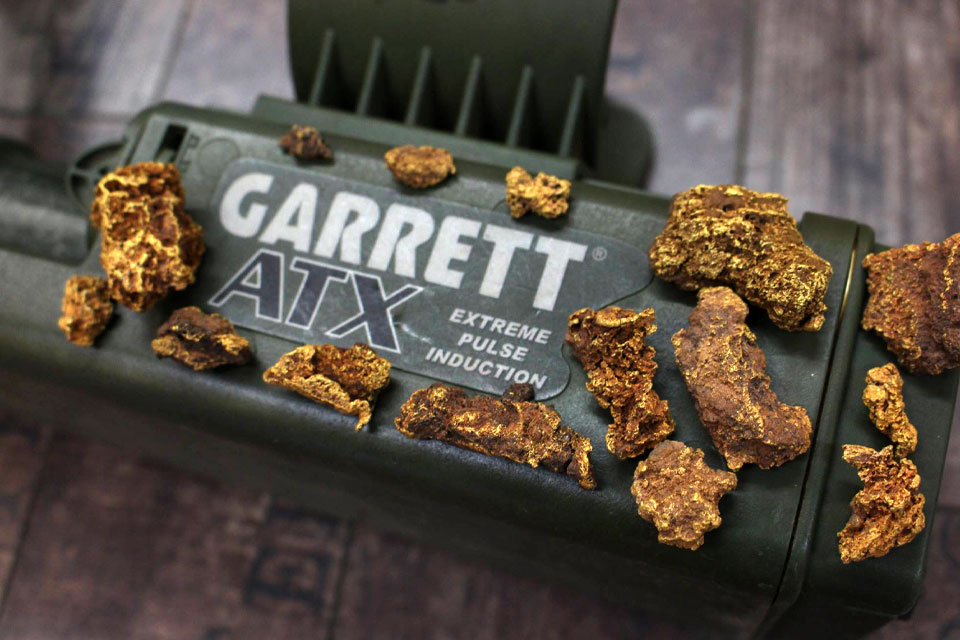The term ‘metal detecting’ has a lot of negative connotations. More often than not, people conjure images of the security tool found in establishments like airports, schools, and private buildings to determine whether a visitor is carrying a weapon. However, metal detecting isn’t only for security and protection. It can be a hobby, too.
Naturally curious folks can find metal detecting highly enjoyable. Why? Because it lets you unearth items that can be valuable. You may discover something that hasn’t seen the light of day in years. You may find coins that you can add to your collection. You may even discover jewellery or gold nuggets for your financial gain.
One of the fascinating metal detecting anecdotes dates back to 2009 when a man unexpectedly unearthed the largest known Anglo-Saxon treasure hoard in a field in Staffordshire, England. The hoard was revealed to include over 1,500 pieces of treasure, composed of several kilograms of gold, silver, and jewelled items.
Metal detecting isn’t so bad, is it? If you’re interested in taking it up as a hobby, here’s a handy guide:
What do I need to start metal detecting?
Obviously, you would need to get yourself a metal detector before you embark on your treasure hunt. You don’t need to spend a ton on one, especially if you’re a beginner. The key is to find a reliable detector and learn how to use it properly. We recommend the Garrett detectors for their excellent performance and great name in the industry. Definitely Do your research beforehand so that you know what you want from your detector. Ask friends, read reviews, and consult with the shop specialist for recommendations.
Generally, the more expensive the gear is, the more information it can give you on what’s beneath the ground, but all detectors can identify the presence of metal. Cheaper detectors will inform you when you’ve found something, but high-end ones can often give you an idea of what you’re about to dig up. Or in the world of gold prospecting, higher-end machines can handle the severe mineralization found in Australian goldfields much better than cheaper units. Additionally, you would also need other tools depending on what type of detecting you will be partaking in. Perhaps a pick or pinpointer and a bag to store your finds might be an essential part of your arsenal.
Where should I go metal detecting?
The most common places to hunt are public schools, designated areas in the goldfields, public parks, beaches, the woods, and some private property. Before you go hunting, you have to be 100% sure that you have permission to hunt where you want to hunt. Hunting places without getting approval is a huge no-no in metal detecting. Even if it’s public property, you have to make sure that you’re allowed to hunt there. A good tip would be to ask the local government or mines department before you whip out your metal detector.
When you’re hunting in the bush or on the beach, keep an eye out for signs posted and/or property lines. You don’t want to hunt accidentally on someone else’s private lands. As for private property, which is usually the best ground for metal detecting due to being mostly untouched, you should consult with the landowner first before you begin metal detecting.
Verbal permission is usually sufficed for private land, but it would be better to obtain written consent for any public or government-owned property. When you do get written permission, keep it with you at all times.
Ready to go hunting? We specialise in the most up-to-date, scientifically proven metal detecting equipment and technologies in Perth. Get in touch with us for recommendations on your first metal detector.


